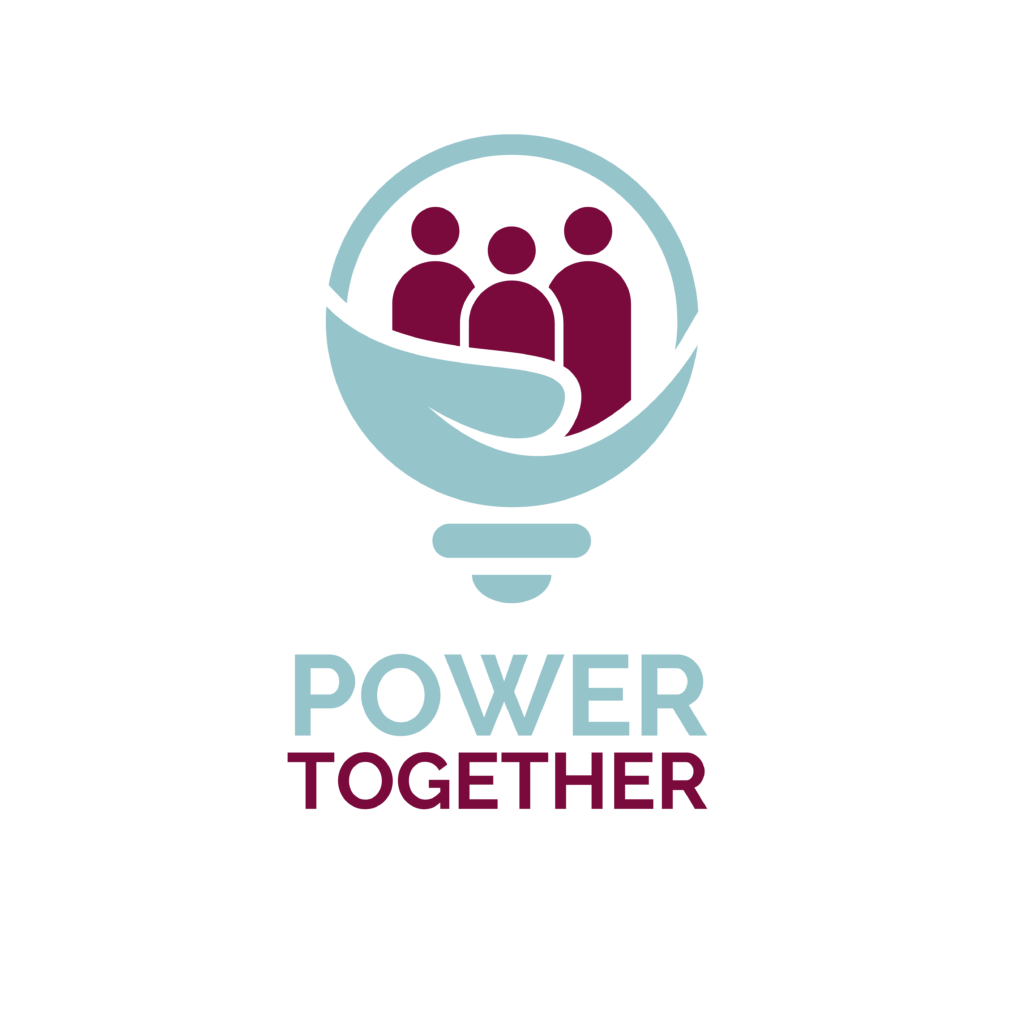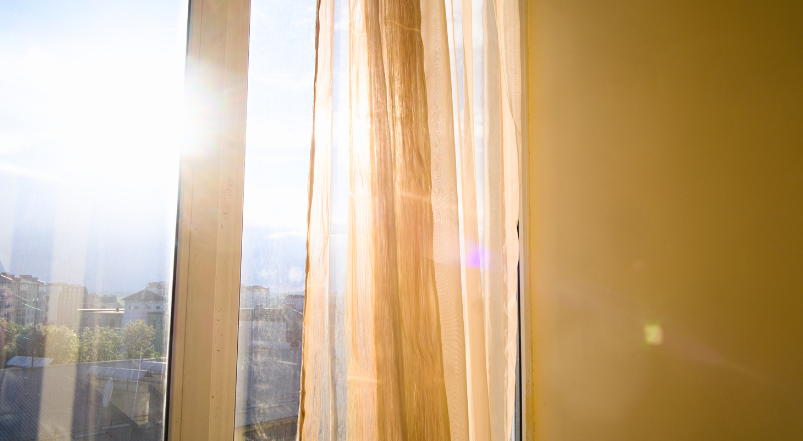New analysis shows Queensland is the only eastern Australian state that has yet to receive federal funding to improve the energy efficiency of social housing, prompting calls from researchers and community groups for immediate action.
So far the Federal Government has partnered with Victoria, New South Wales, Tasmania and the ACT to fund schemes under the Household Energy Upgrades Fund that will increase the energy efficiency of social housing and help tenants access rooftop solar to reduce their electricity bills.
“Many Queensland tenants are living in unhealthy energy inefficient homes that get unbearably hot in summer, which is contributing to hospitalisations and even deaths, and this issue is only getting worse due to climate change,” said Professor Susan Harris Rimmer of Griffith University.
“Upgrading social housing and making it more energy efficient is vital to help make homes healthy and cool, and also helps lower electricity bills for tenants.
“Likewise, access to cheap solar energy gives vulnerable Queenslanders more freedom to remain cool by running fans or air conditioners without having to worry about being able to afford electricity bills.
“Queenslanders can’t afford to miss out on their fair share of this vital Federal funding, particularly because the Sunshine State unfortunately records the most hospitalisations from heat-related illness every year.”
The Power Together coalition, a collection of social service, community and environmental groups, is campaigning for the Queensland and Federal governments to support energy efficiency upgrades as well as funding for solar for social housing tenants and renters.
Stephanie Gray, Campaigner at Queensland Conservation Council said:
“Parts of Queensland have been dealing with sweltering temperatures this summer. Research shows the number of heatwaves in Queensland over the last several years has more than tripled, largely due to climate change.
“Improving household heat and energy inequality is vital for the health and wellbeing of Queenslanders as climate change results in more frequent and extreme heat waves.”
“It’s crucial that funding to upgrade Queensland’s social homes with energy efficiency improvements and solar is announced from the State and Federal governments as soon as possible to protect at-risk Queenslanders.”
Luke Reade, Policy Advocate from Energetic Communities said:
“We know that improving energy efficiency and demand response are clever ways to also address electricity grid issues that arise in summer when energy demand reaches record levels.
“Energy efficiency upgrades include the installation of insulation, blinds, shading and efficient appliances. These are the easy things we can do now to reduce energy costs and improve the comfort and lives of tenants, especially those in the poorest quality housing and at most risk.”
Heidi Lee Douglas, CEO of Solar Citizens said:
“The Queensland Government is risking as much as $60 million from the Commonwealth intended to improve the energy efficiency of the state’s social housing stock, which risks disastrous outcomes for Queensland’s social housing residents.
“Rolling out rooftop solar on social housing can save low-income households an average of $860 per year for the next twenty years, while also contributing cheap, clean energy back to the grid and providing cheaper electricity for all Queenslanders.
“The extreme heat waves that Queenslanders are currently enduring should be creating urgency. As the heat rises, Queensland households rely on producing their own clean, cheap energy from the sun to affordably cool their homes.”
Summary of announcements to date
- Victoria: December 2023, a $108 million package for apartment residents and social housing tenants
- ACT: November 2023, a $35.2 million partnership to upgrade over 5,000 public homes
- NSW: January 2024, a $206 million package for energy saving upgrades for low-income renters and apartment residents
- Tasmania: January 2024, a $16.6 million partnership for energy upgrades in social housing properties
- Federal: May 2023, $300 million allocated to the Household Energy Upgrades Fund to finance energy upgrades across social housing, requiring co-contributions by the state and territory governments to trigger federal funding

